
My kids are currently using toy dinosaurs, jump ropes, and a stainless steel coffee mug to play what I think is called “The Lizard Game.” My twins, 6, woke up early and had established the game before my 9-year-old daughter was awake, but once she was up and realized they were playing, she jumped in seamlessly. The dynamics of their moods worked in all of their favor — mine included — so that no one bickered when she joined her siblings. But what fascinates me is that she didn’t even know the parameters of the game. It was as if she had been dreaming of the exact scenario and placed herself into the real-life make-believe situation with the only changes being her open eyes and change of location. This game went on long enough for me to have an uninterrupted cup of coffee and a bowl of cereal; it was glorious. But the imaginative play isn’t beneficial to just me. Here are five reasons why pretend play is important for kids.
1. Strengthens Literacy and Communication Skills
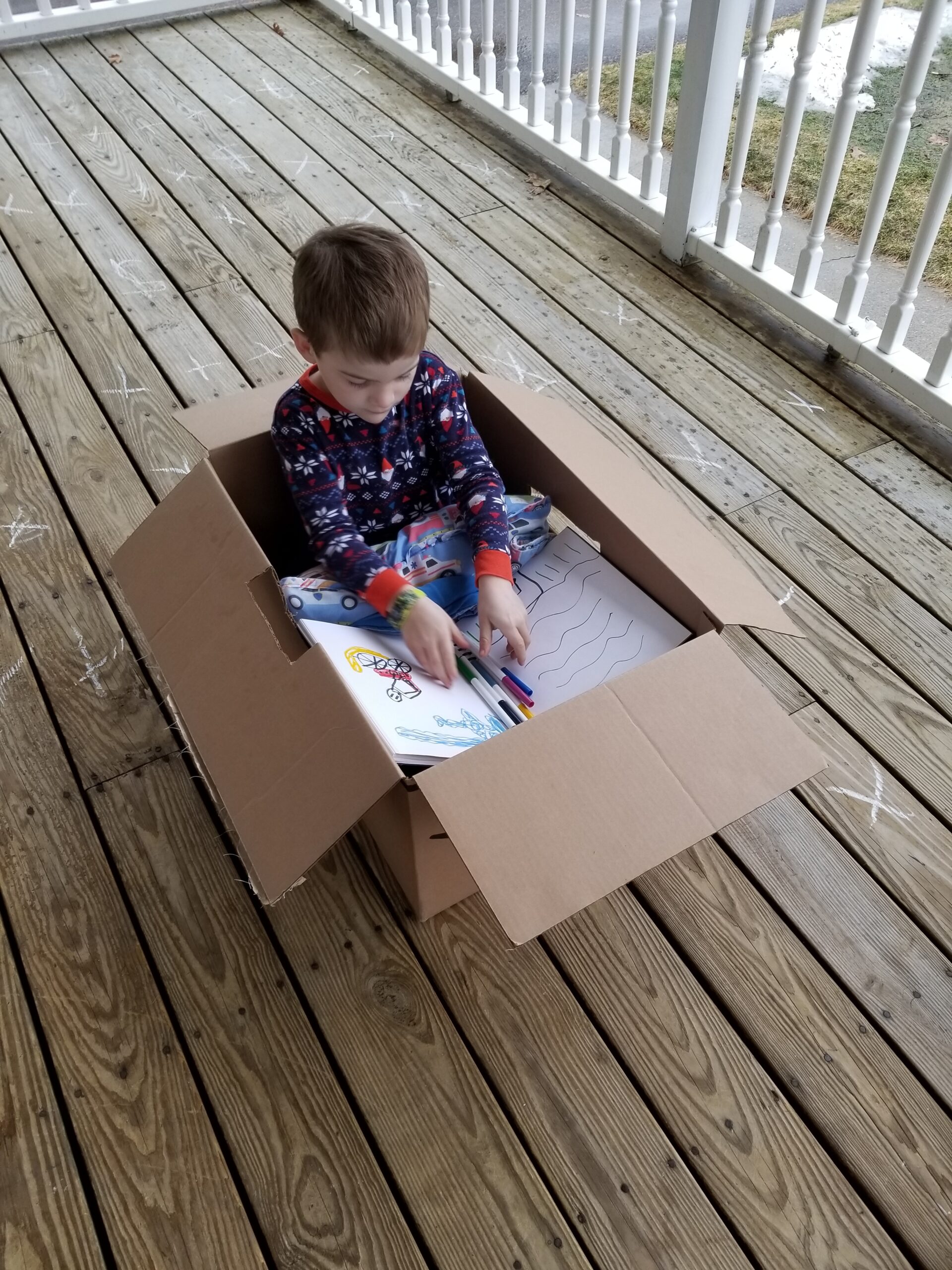
A large part of my children’s imaginative play is their running dialogue of what is happening at the moment and what is about to happen. They are using an internal improv script that changes faster than their opinion on their favorite food. But when kids create a scene or reenact something that happened in the past during their creative play, they learn that words have meaning and that there are words for what they want to portray.
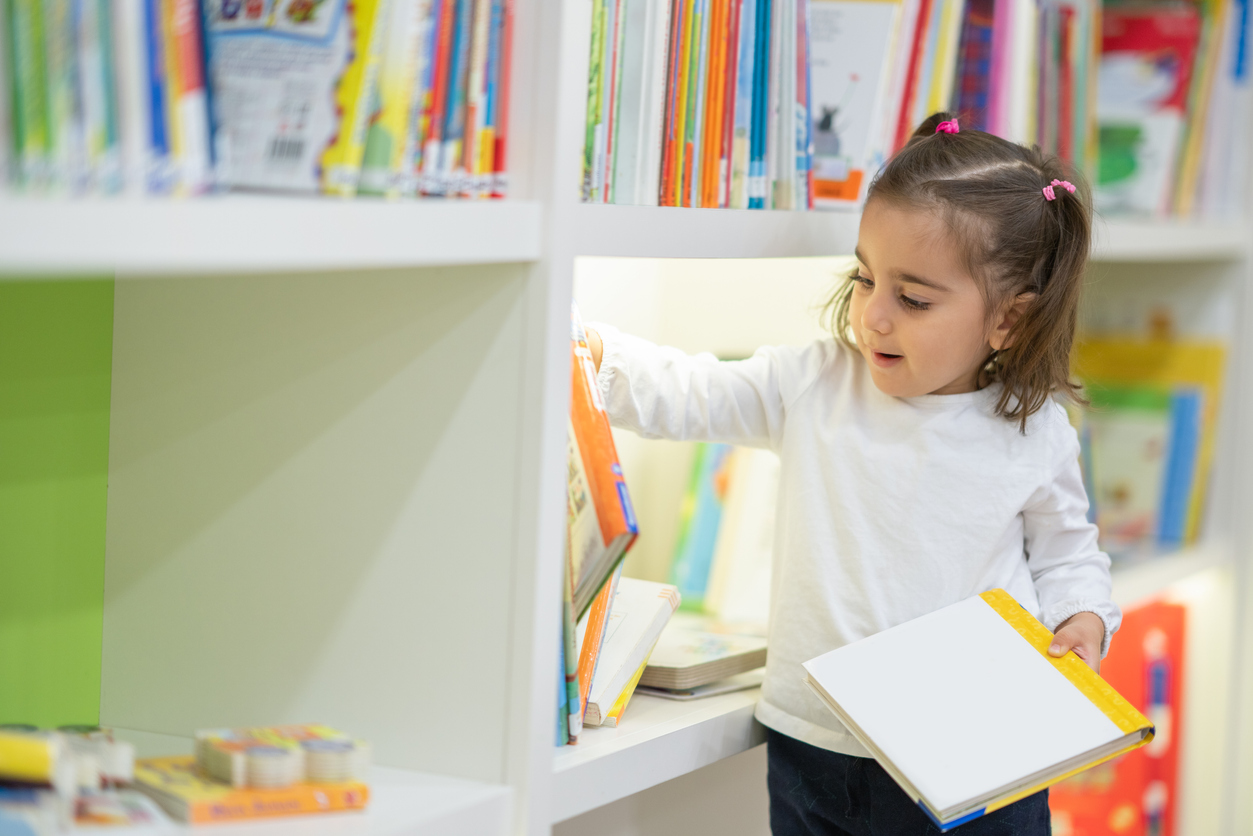
They are improving their vocabulary and will later make connections between written and spoken language that will improve their literacy skills. Pretend play also helps kids find ways to articulate their wants and needs, which is a wonderful social skill that will benefit all of their relationships.
2. Practice Problem-Solving Skills
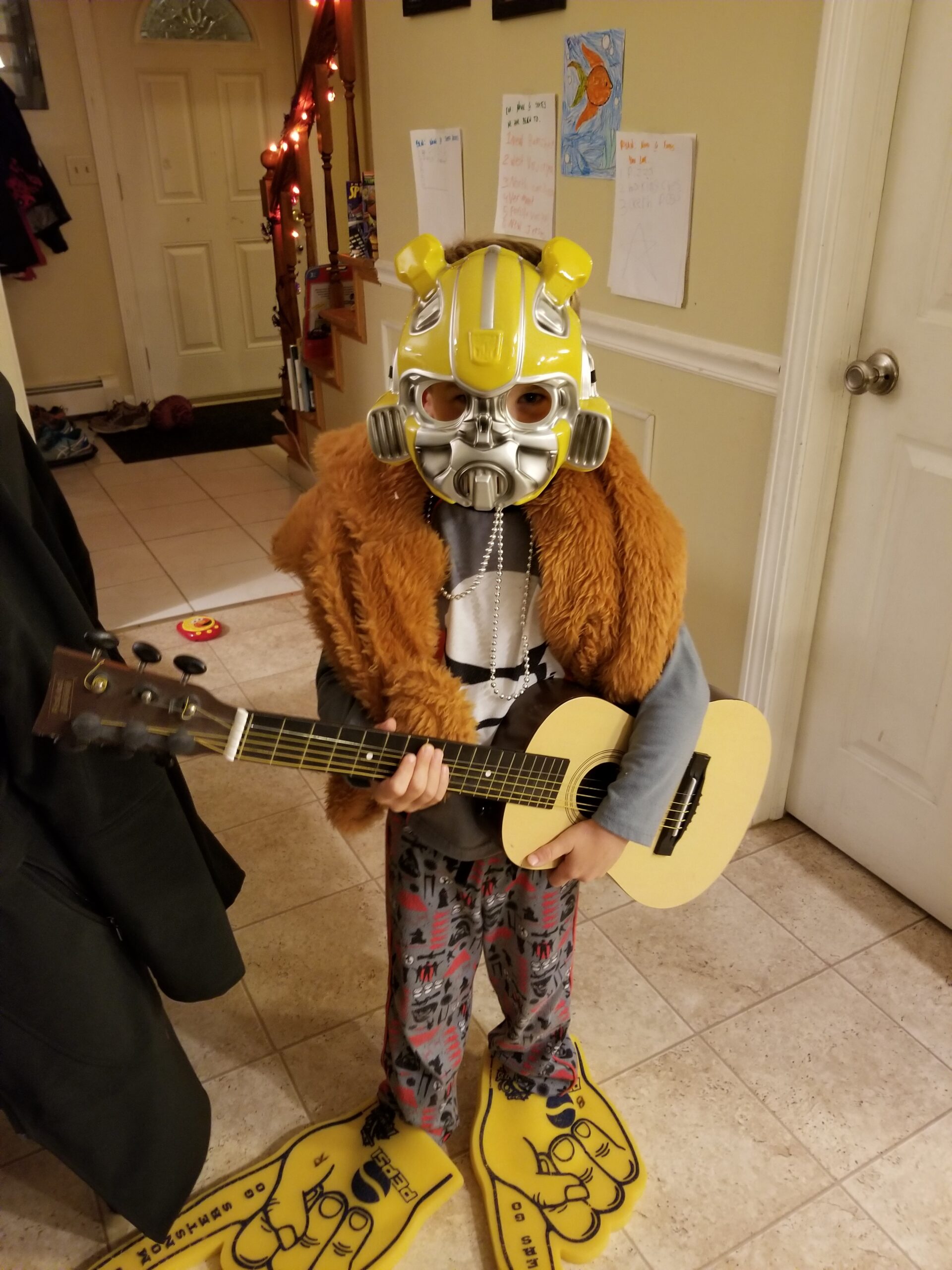
“You can’t be the mom! I want to be the mom!”
“Girls can’t be firemen!”
“How are we going to build a spaceship?”
Statements or questions like these during imaginative play help kids navigate low-stakes moments of conflict. Kids are forced to find ways to work out problems that arise and need to think creatively and cooperatively if the game is going to continue.

The art of negotiation is crucial at times. Kids can take turns being the mom or realize there can be two moms! And of course, girls can be firefighters. Where’s the hose? And when a few chairs, a stack of books, and a blanket become the means to make a spaceship, kids have flexed their problem-solving skills with impressive results.
3. 'Aggressive' Role-Playing Improves Self-Regulation
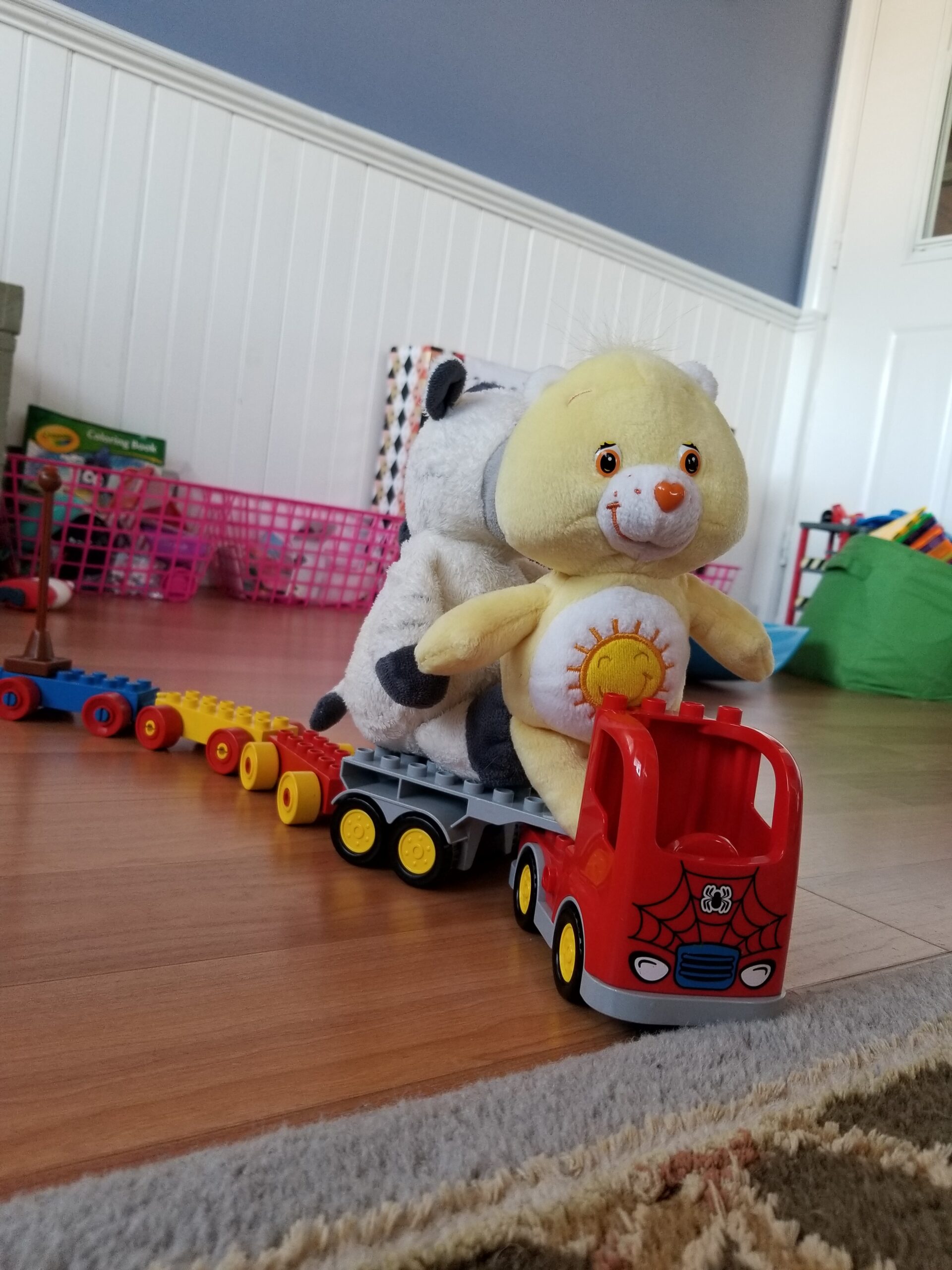
We have a “guns are not toys” policy in our house, so my kids know that they are not allowed to own or play with toy guns. Oh, they try to turn other things into guns, but that isn’t allowed, either. However, roughhousing and fighting bad guys or even each other at times is allowed — to a degree. When faux aggressive behavior is done in controlled settings, it can actually improve a child’s ability to self-regulate and reduce their overall aggression at home and school.

Consensual chasing and rough-and-tumble play allow kids to use their words to control a situation as well as their actions. They learn to speak up for themselves and begin to read social cues given to them when they take on roles of the monster or bad guy. They can also use that aggression for good and save the day by being a superhero.
4. Nurtures Emotional Intelligence

When kids take on the roles of others, they are literally putting themselves into someone else’s shoes. This is a great way to teach and grow empathy. Pretend play allows kids to express all kinds of emotions in safe situations, and they respond to their peers or siblings who are doing the same. This give and take of negotiating one’s feelings — even when they are part of a game of “family” or “school” — allows kids to understand each other better.

When a child — any human, really — can take on the perspective of someone else, it helps them develop awareness for other people. This discovery builds compassion. Imaginative play also builds self-esteem because kids are independently navigating a world they created and often do so using many different characters. They are proving to themselves that they really can be anything they want to be.
5. Sparks Imagination and Creativity
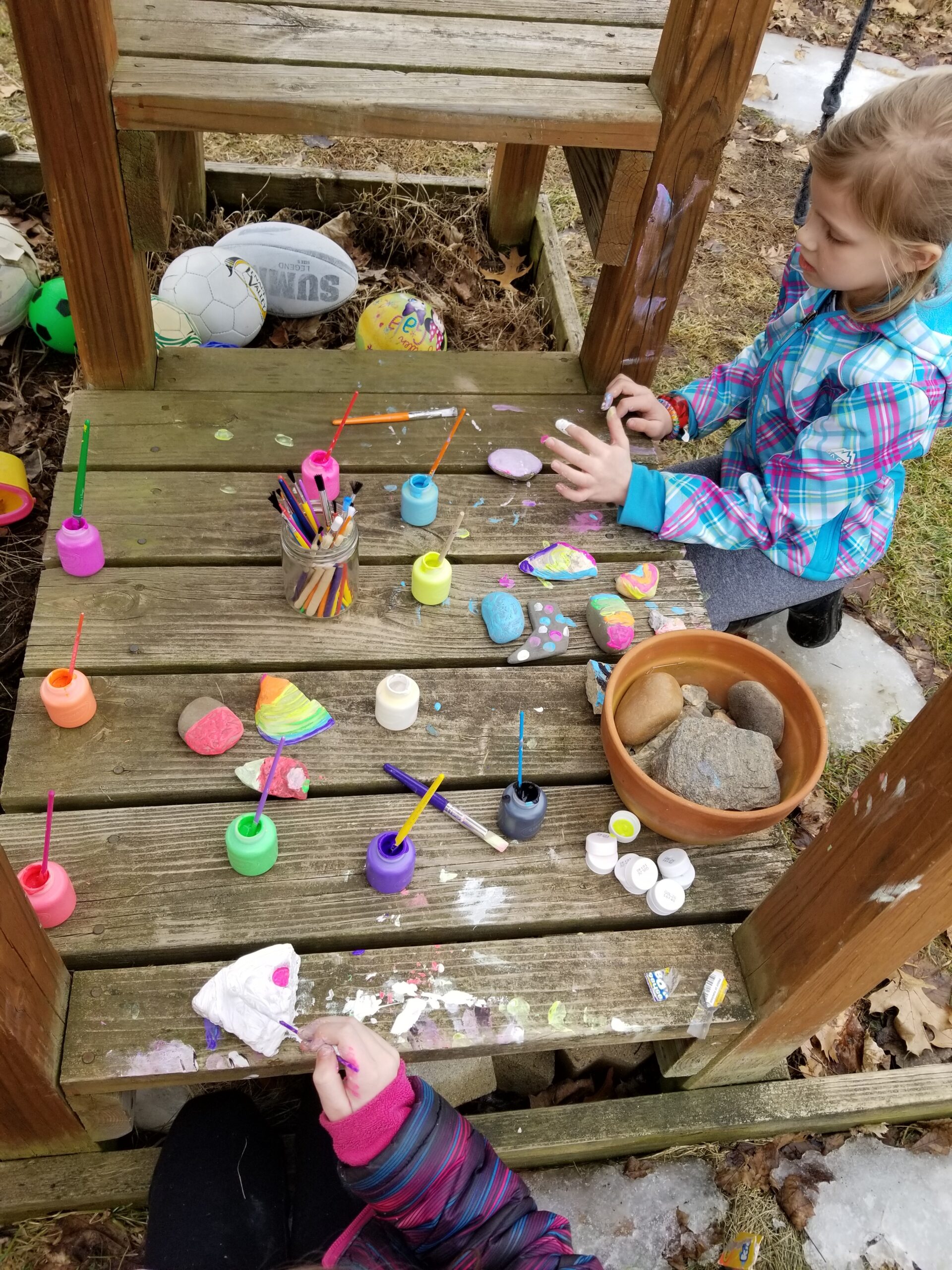
Encouraging and nurturing pretend play allows kids to practice divergent thinking, a two-step process that allows kids to use their knowledge to come up with new ideas in free-flowing and spontaneous ways. They are using their imagination to find solutions to build a fort, create a post office, or open a restaurant. Children learn through play and are better problem solvers when they have creative thinking skills.
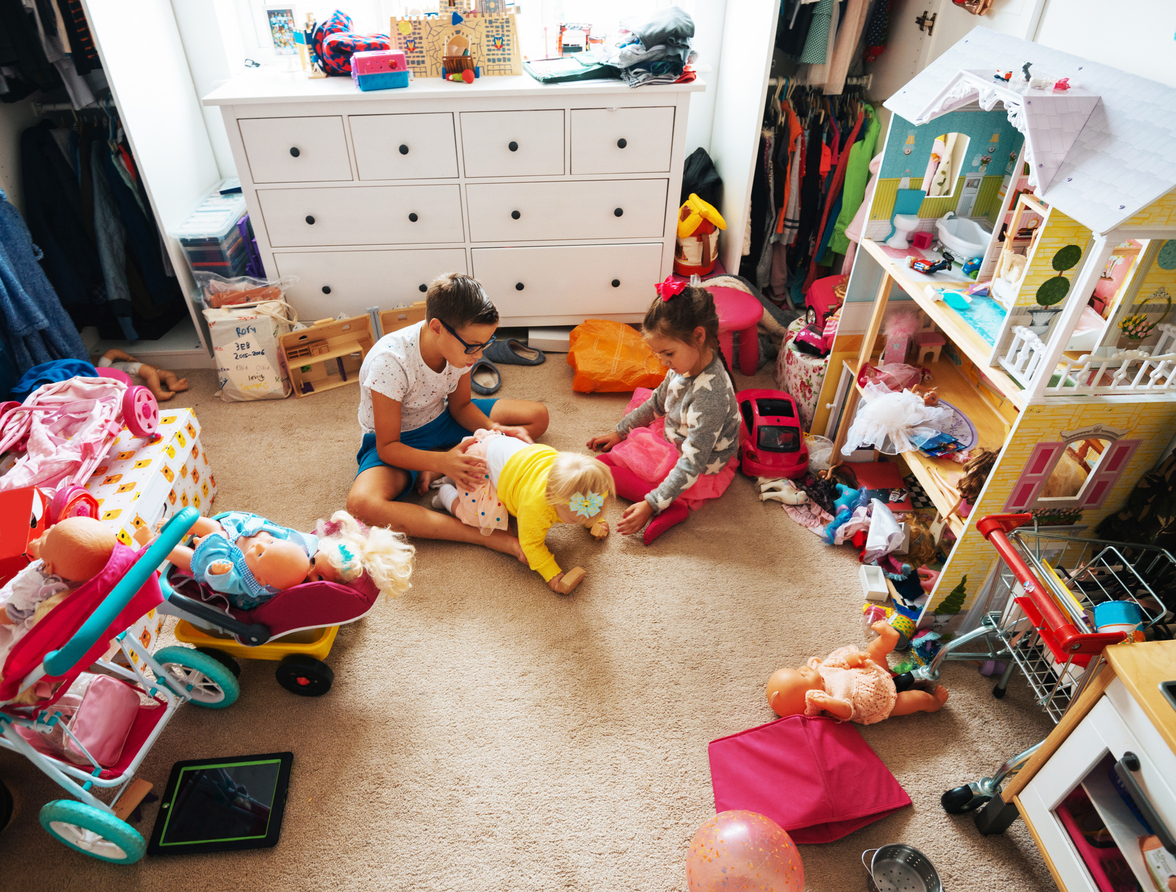
My kids have too much stuff, and on some days I want to make a healthy donation to the yard-sale pile or thrift store. But when I step back from the mess, I can see that the capes, piles of plastic food, and backpacks full of “equipment” were part of a busy day of very important make-believe.




